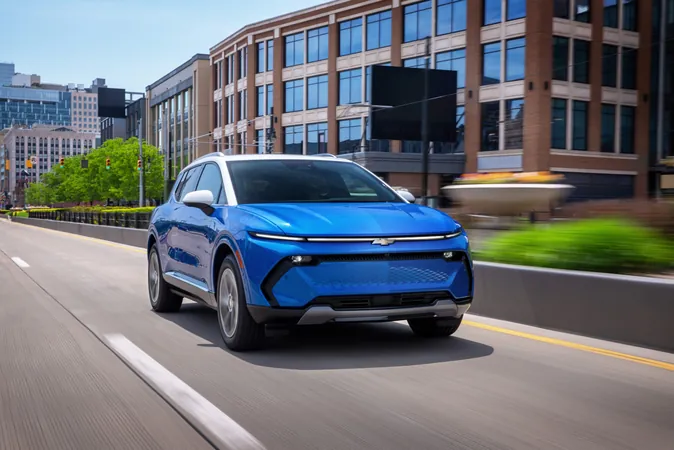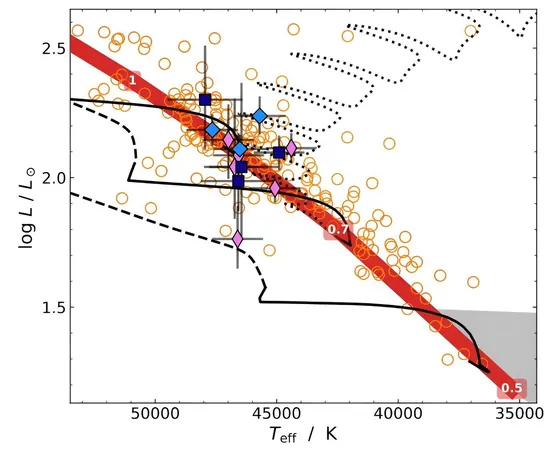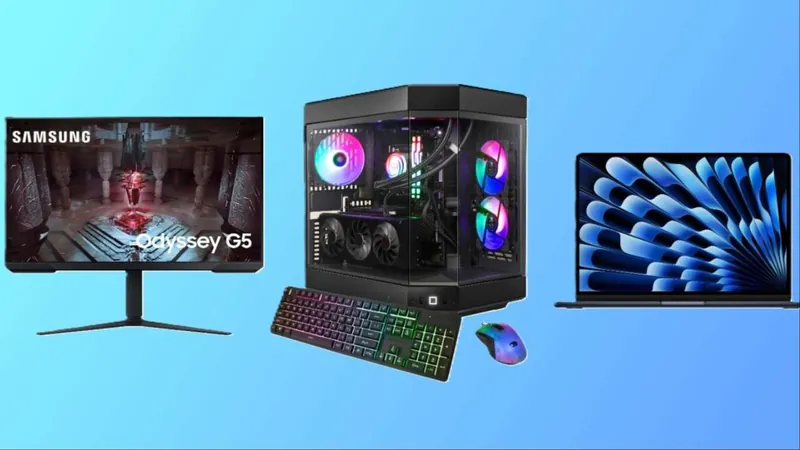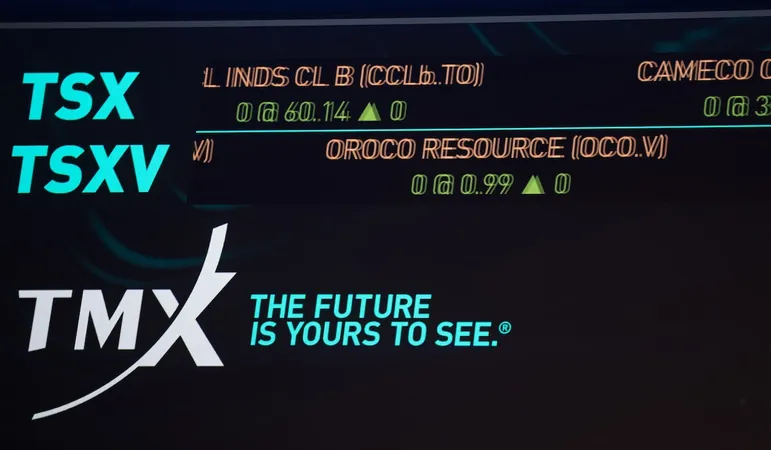
General Motors Bids Farewell to Ultium Battery Brand in Bold EV Strategy Shift
2024-10-09
Author: Emma
In a surprising twist to its electric vehicle (EV) strategy, General Motors (GM) announced that it would abandon the Ultium brand name for its batteries. This decision comes at a time when GM is witnessing impressive growth in EV sales, reporting over a 60% increase year-over-year in the third quarter of 2024. As GM reshapes its approach to EV production, it has also decided to move away from the 'one-cell-fits-all' philosophy, opting instead for a diverse range of battery cell chemistries and formats in its future offerings.
Launched in March 2020, the Ultium brand represented GM's ambitious plan to introduce a staggering 22 electric models in the U.S. by 2023, supported by a $2.3 billion joint venture with LG Chem called Ultium Cells LLC. This partnership aimed to create a standard battery family, primarily utilizing nickel manganese cobalt aluminum (NMCA) technology in pouch cell formats. These batteries were supposed to cater to a wide array of vehicle models, including the likes of the Hummer and Silverado EVs.
However, the onset of the COVID-19 pandemic immediately threw a wrench in GM's plans. With many GM factories pivoting their focus to the production of ventilators and personal protective equipment, timelines for battery production were significantly delayed. Although initially capable of producing battery cells in large volumes, the assembly robots struggled to keep up, leading to considerable production bottlenecks.
Adding to the complexity, the Ultium brand faced challenges distinct from those encountered by other models, such as the Chevrolet Bolt, which was marked by a controversial and significant recall due to fire risks associated with improperly manufactured cells.
Four years after its launch, GM has yet to unveil the full range of promised models. Currently, it has introduced only half the initially planned electric vehicles, with production still building momentum. Despite losing the sub-$30,000 Bolt model from its lineup, GM has successfully positioned itself to contend against competitors, such as Ford, for the title of the second-largest EV seller in the U.S., trailing only behind Tesla.
Kurt Kelty, GM's vice president for battery cell and pack, stated, 'It now makes business sense to transition from one-size-fits-all to new program-specific batteries.' He confirmed that while the Ultium brand name will no longer apply to their EV batteries moving forward, it will still exist in connection with GM's manufacturing facilities.
To further enhance its EV strategy, GM will establish a new research and development center at its Warren Tech Center in Michigan, focusing on various battery types including cylindrical and prismatic cells, along with exploring alternative chemistries. Excitingly, the next generation of the Chevy Bolt is set to adopt lithium iron phosphate (LFP) batteries instead of the previously planned NMCA technology.
In summary, this strategic pivot away from the Ultium brand marks a significant moment in GM's evolution as it gears up for a competitive future in the electric vehicle market. Car enthusiasts and consumers alike will be watching closely to see how these changes will influence GM’s upcoming electric offerings and overall market position.









 Brasil (PT)
Brasil (PT)
 Canada (EN)
Canada (EN)
 Chile (ES)
Chile (ES)
 España (ES)
España (ES)
 France (FR)
France (FR)
 Hong Kong (EN)
Hong Kong (EN)
 Italia (IT)
Italia (IT)
 日本 (JA)
日本 (JA)
 Magyarország (HU)
Magyarország (HU)
 Norge (NO)
Norge (NO)
 Polska (PL)
Polska (PL)
 Schweiz (DE)
Schweiz (DE)
 Singapore (EN)
Singapore (EN)
 Sverige (SV)
Sverige (SV)
 Suomi (FI)
Suomi (FI)
 Türkiye (TR)
Türkiye (TR)